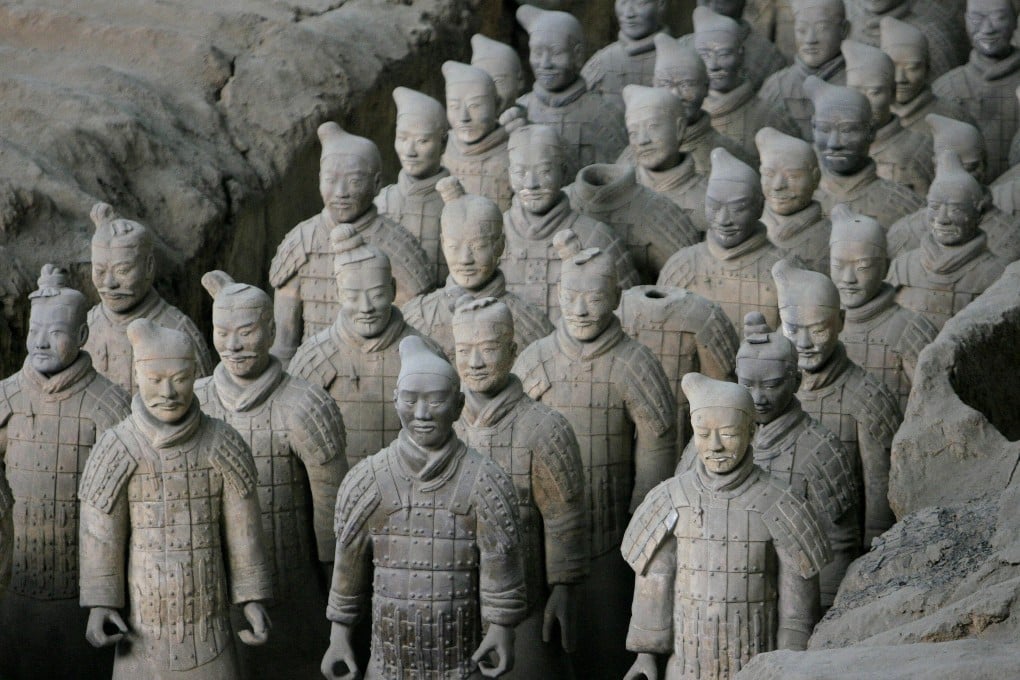Opinion | Does Chinese blood really lack the DNA for aggression?
Frank Ching says however well-intentioned, Beijing's claim that there's no DNA for expansion in Chinese blood finds little support in history

Expansion is not in the Chinese DNA", Premier Li Keqiang declared during his visit to Britain, apparently in an attempt to allay fears driven by China's territorial claims in the South China Sea, "nor can we accept the logic that a strong country is bound to become hegemonic."
He was echoing comments by Xi Jinping the previous month when the president asserted: "In Chinese blood, there is no DNA for aggression or hegemony." China has moved to the centre of the world stage but has yet to truly lead, partly because of apprehension about its intentions, despite deep-seated problems dogging the United States.
At a recent summit in Shanghai of the Conference on Interaction and Confidence-Building Measures in Asia, Xi called for an "Asia for Asians" approach, saying that Asian countries themselves could resolve security issues in the region.
Beijing has long dismissed the idea that a rising China was a threat to its neighbours, asserting that the country throughout its long history has never been expansionist.
Citing DNA as proof makes the assertion sound scientific, especially when China appears to be making progress in studying the DNA of historical figures, such as the warlord Cao Cao, who lived 1,800 years ago, and even Confucius.
However, a glance at a historical atlas will show that China's borders have changed greatly from the time of the first emperor, Qin Shi Huang, to today. How, one wonders, did China grow so big without being expansionist?
